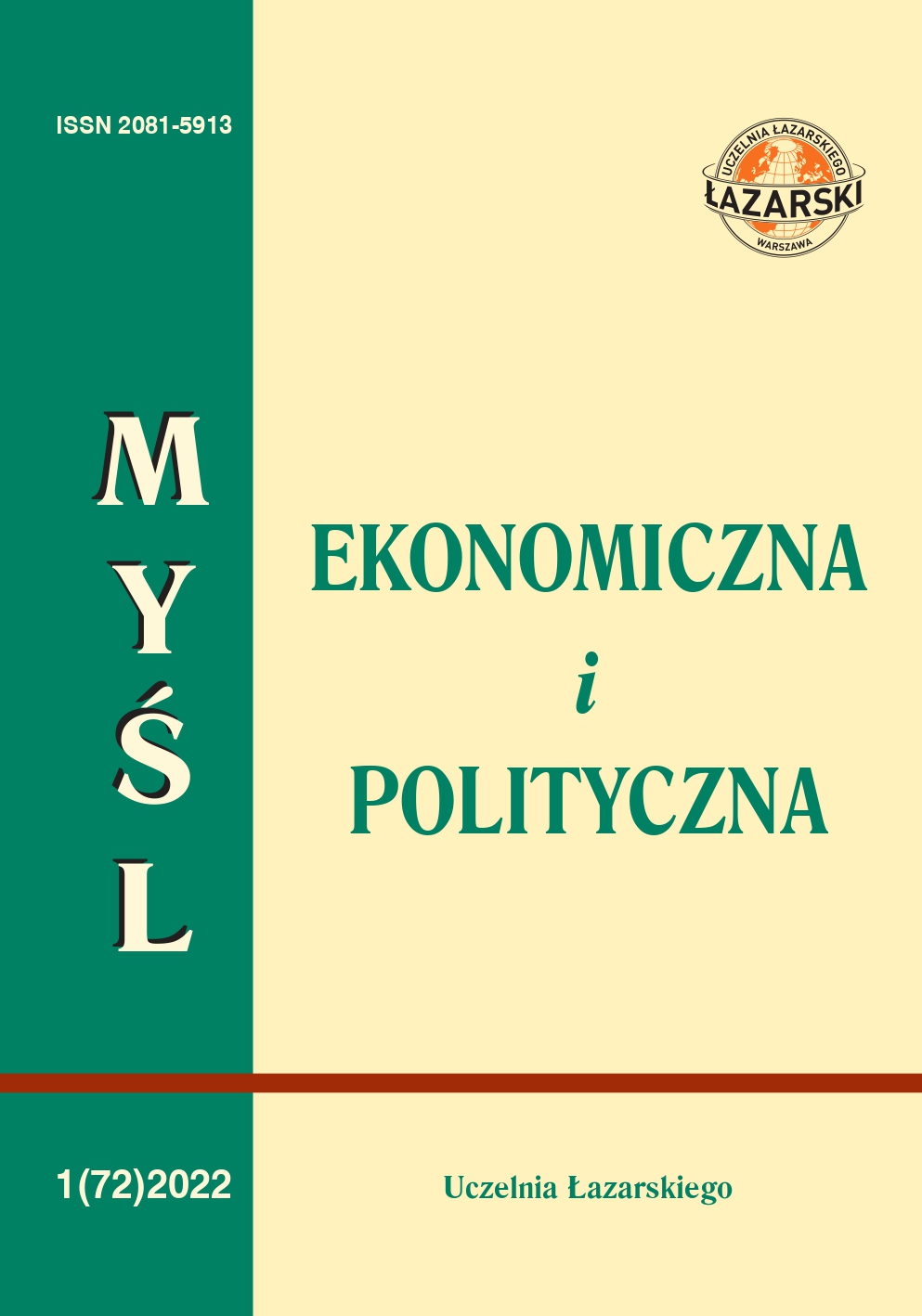Abstract
The aim of the article is to analyse the importance of social capital as a key factor in transforming information resources into knowledge and the process of commercialization. The study is based on the case study method used to present the Institute of Electronic Materials Technology. The authors analyse the role of social capital in creating innovation in the organization’s environment. Social capital plays a significant role in the context of the necessary information resources, its typology, where informal information turns out to be important in creating innovation. The credibility of information sources is determined primarily by the knowledge of the subject and the reliability and intentions shown by the information source. Innovative enterprises, but also research institutes (ITME type), make advanced use of all types of information sources regardless of the type of innovations they introduce. Scientific institutions with low levels of social capital, with sporadic and difficult interactions with external partners, cease to understand the needs of the market and may misdirect scientific development, therefore making poor decisions related to the management of other components of their capital resources.

This work is licensed under a Creative Commons Attribution-NonCommercial-ShareAlike 4.0 International License.
